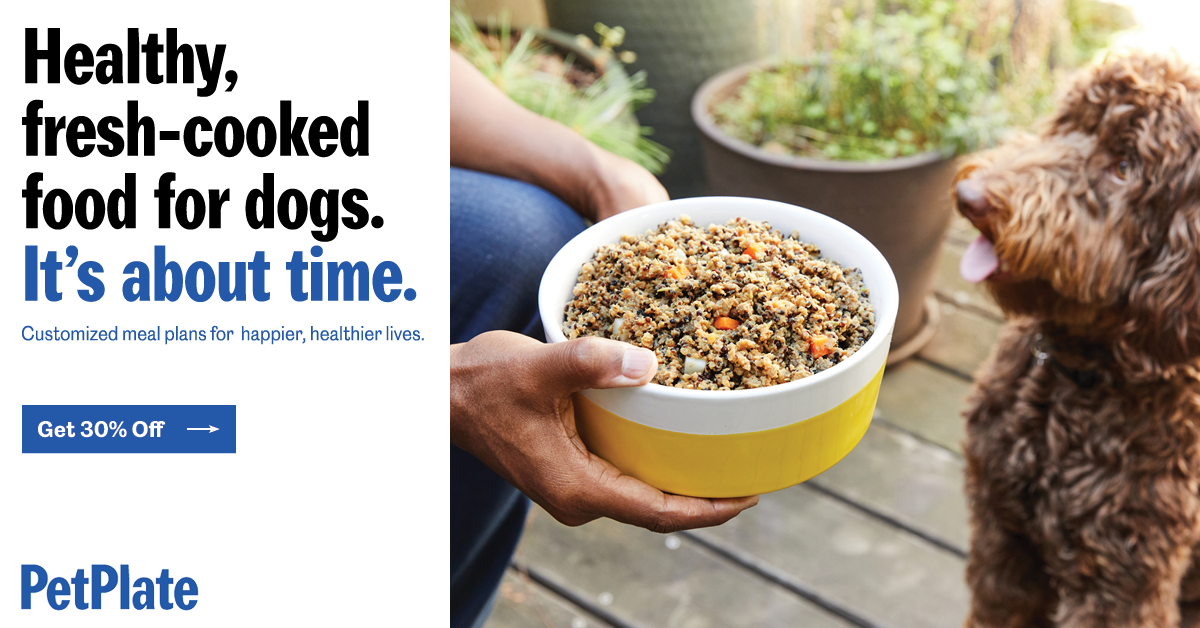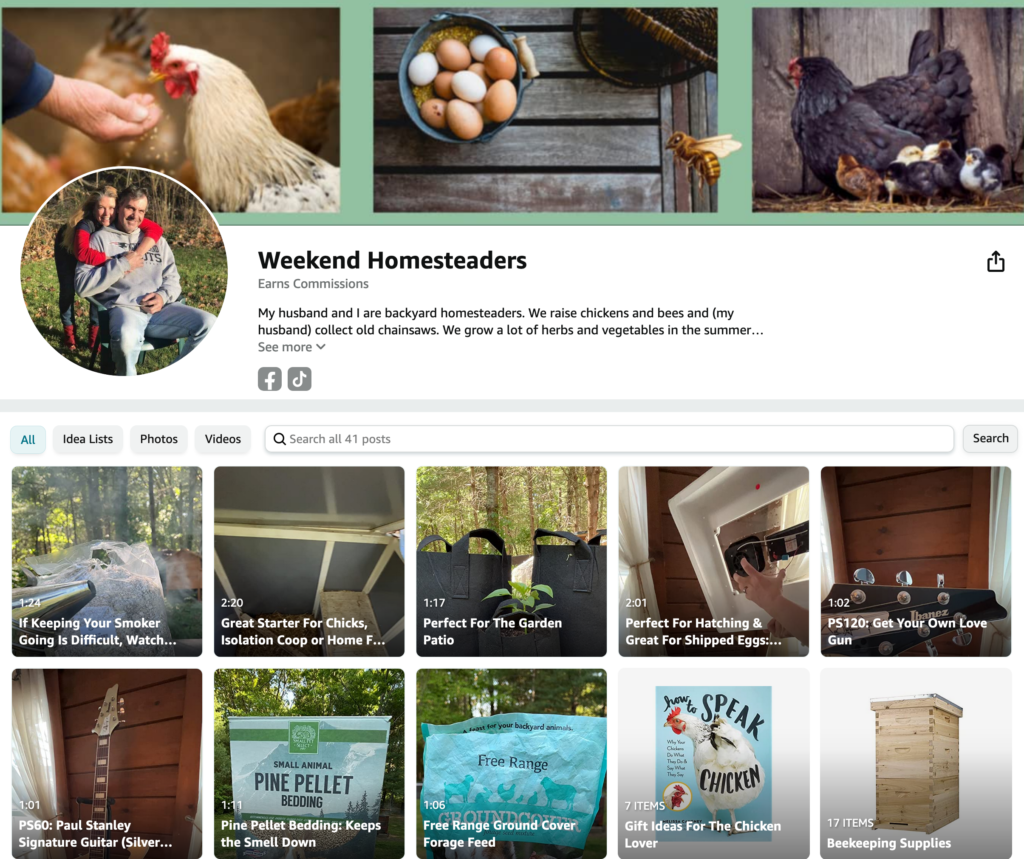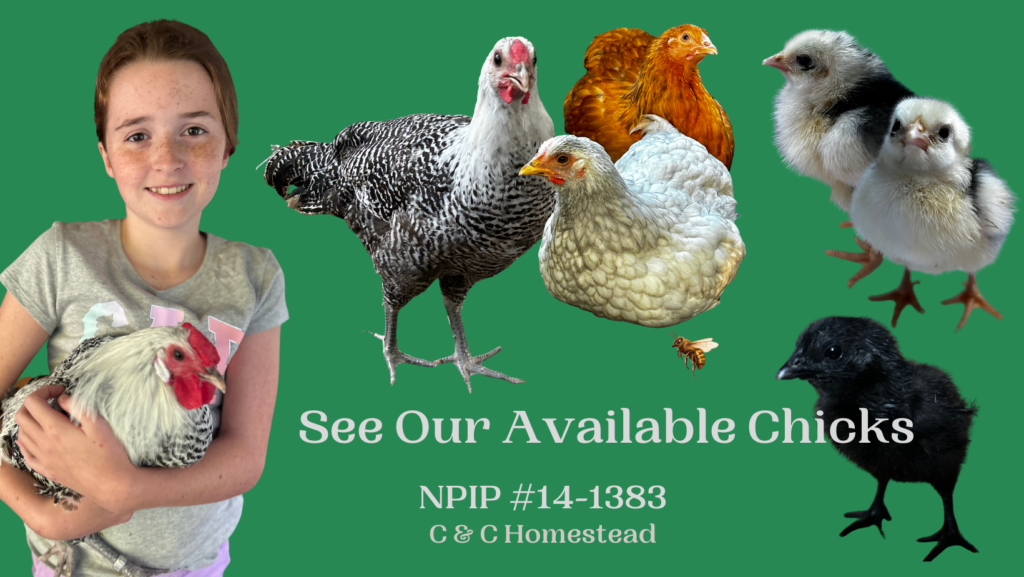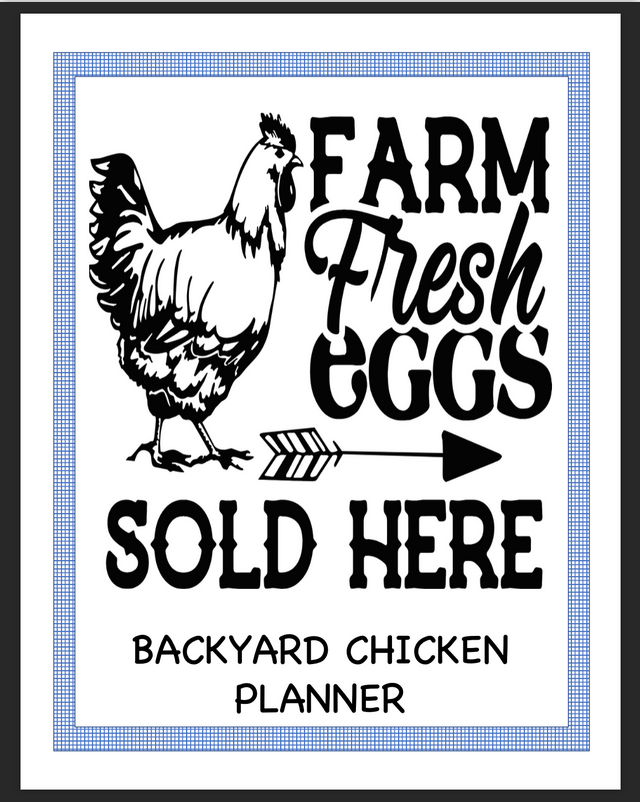Balancing Corporate & Homesteading Lifestyles
Caring For Your Older Dog


Once your dog becomes older it is time to take some preventative steps in order for them remain healthy, happy and active. Have your vet examine your pet annually or more often, if necessary.
As in humans, keep your dog's weight within the proper or optimum range. An overweight dog has far more health problems such as joint problems, arthritis, diabetes and liver or kidney malfunctions.
Cut down on the amount of treats given to your pet. It is hard to resist their soulful eyes but always remember that it is for their own good. You do not want to kill your pet by thinking you are being kind to them.
Feed your pet once a day or smaller amounts twice a day but remove the food if there is any left. If you have children, explain to them why they should not sneak food to the family pet.

As with dogs of any age, make sure there is always fresh, cool water available. Some older dogs have problems getting to the water bowl so either take the water to them or place bowls of water in several different places so they do not have to go far for a drink.
If possible take your dog for a short walk daily. This helps the dog's blood circulation and provides some new sights and smells to stimulate him and it gives you quality time to spend with your pet. He may be older but still curious.
You may need to switch from dry food to a moist or canned food as your dog ages. His teeth may not be able to handle the hardness of dry kibbles. Looking after your older dog and taking him to the vet regularly helps keep your dog healthy and happy longer.


Check out some of these Pawsome products for your dogs!
When you buy through links on our site, we may earn an affiliate commission. This keeps it 100% reader supported and free of ads or sponsorships. Thanks for your support!












